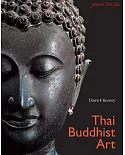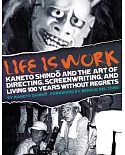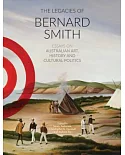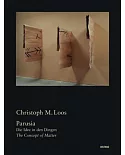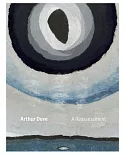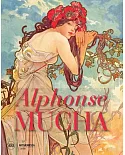"Ying Zhu and Stanley Rosen have brought together some of the leading scholars and critics of Chinese cinema to rethink the political mutations, market manifestations, and artistic innovations
that have punctuated a century of Chinese screen memories. From animation to documentary, history of the industry to cinematic attempts to recreate history, propaganda to piracy, the influx of
Hollywood imports to Chinese-style blockbusters, Art, Politics, and Commerce in Chinese Cinema presents a fresh set of critical approaches to the field that should be required reading for
scholars, students, and anyone interested in the past, present, and future of one of the most vibrant and dynamic film industries in the world."-Michael Berry, author, Jia Zhangkes "Hometown
Trilogy" and A History of Pain
"An excellent collection of articles that together offer a superb introduction to contemporary Chinese film studies."-Richard Pe簣a, Program Director, Film Society of Lincoln Center
"This is one of the most important, comprehensive, and profoundly important books about Chinese cinema. As correctly pointed out by the editors of the volume, understanding of the emerging film
industry in China requires a systematic examination of arts, politics, and commerce of Chinese cinema. By organizing the inquiry of the Chinese film industry around its local and global market,
politics, and film art, the authors place the current transformation of Chinese cinema within a large framework. The book has set a new standard for research on Chinese cinema. It is a
must-read for students of arts, culture, and politics in China."-Tianjian Shi, Duke University
Art, politics, and commerce are intertwined everywhere, but in China the interplay is explicit, intimate, and elemental, and nowhere more so than in the film industry. Understanding this
interplay in the era of market reform and globalization is essential to understand mainland Chinese cinema. This interdisciplinary book provides a comprehensive reappraisal of Chinese cinema,
surveying the evolution of film production and consumption in mainland China as a product of shifting relations between art, politics, and commerce. Within these arenas, each of the twelve
chapters treats a particular history, development, genre, filmmaker or generation of filmmakers, adding up to a distinctively comprehensive rendering of Chinese cinema. The book illuminates
China's changing state-society relations, the trajectory of marketization and globalization, the effects of China's stark historical shifts, Hollywood's role, the role of nationalism, and
related themes of interest to scholars of Asian studies, cinema and media studies, political science, sociology, comparative literature and Chinese language.
Ying Zhu is professor cinema studies in the Department of Media Culture and co-coordinator of the Modern China Studies Program at the City University of New York, College of Staten
Island.
Stanley Rosen is director of the East Asian Studies Center and a professor of political science at the University of Southern California.




